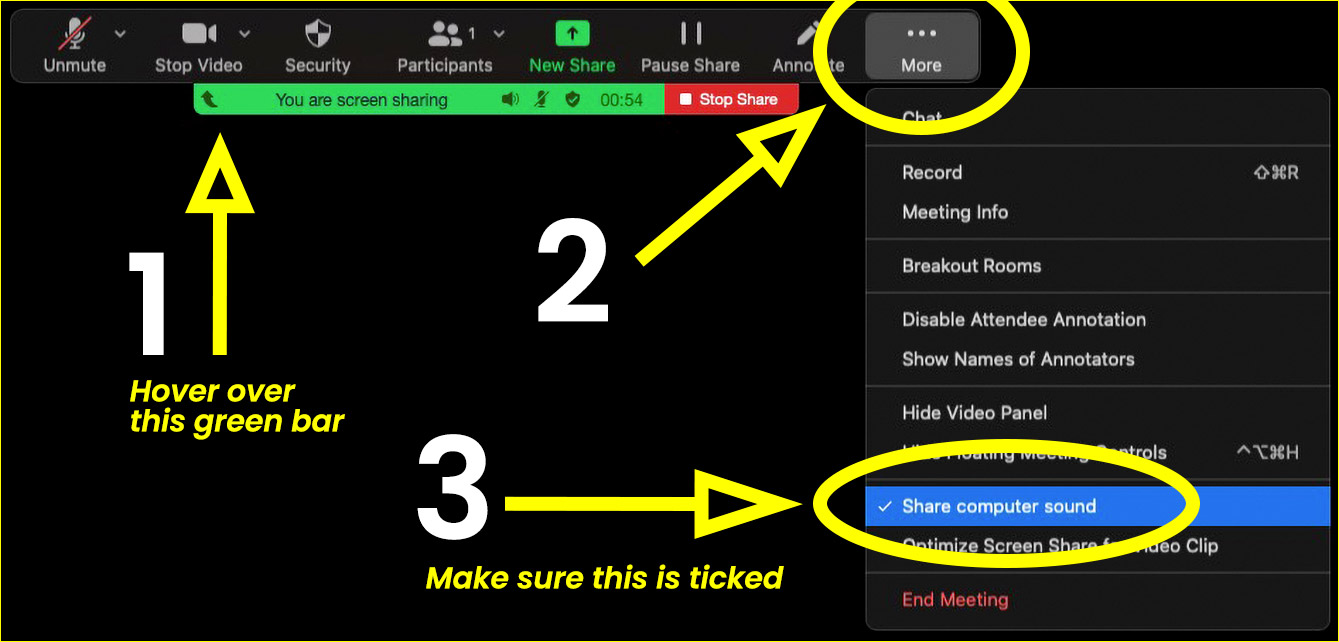I don’t know about you, but I spent a lot of time in my 20s and beyond making the most of concerts, festivals and shows whenever I could. Lining up to watch my favourite band (yes, I was the one there early), in all their indie, electronic, rocker, singer songwriter glory doing their thing on stage was my escape from the world (and still is!). In fact, it is one of the biggest things I am missing at the moment.


When disaster strikes
Quite often, disaster would strike. Either my favourite musicians just stopped making new music or one of my favourite bands split up.
*Detour – a shout out to Flight Facilities who are still together, don’t ever leave…
In short, these moments – devastating.
As a devoted fan, I was bereft. And angry. And miserable. And shouty. And unbothered. And very bothered. All at once.
Big changes, especially when we’re not expecting them, can leave us feeling at sea, impacting our emotions, feelings, attitude, mood and motivation. And that’s definitely what happened earlier this year when, in the space of a few weeks, Australia’s workplaces changed entirely. Many of us headed to our home offices, only to discover that the dog really does sleep for 18 hours a day (tough gig) and that we’re actually dating the ‘let’s circle back’ person when we hear our partners navigating the Zoom experience.


After a while, we settled into the new normal. We learnt how to collaborate from afar, to have Friday drinks through a computer screen and how to kick goals even when it sometimes felt like we were the only ones on the field.
So now that we’re slowly (some states slower than others, my thoughts are with you Victoria) trickling back into the office, what does the new normal look like?
Clear and fuzzy direction
According to organisational psychologist Blake Redding of workplace strategist firm Mapien, now is the time for ‘clear and fuzzy direction’. The phrase actually comes from another mind guru, Graham Hubbard. But Redding and his team are using it to help their clients understand that now isn’t the time for hard and fast rules. Instead, it’s an opportunity to create a new normal, built on connection, empathy and trust, as the corner stone for happier teams and more productive workforces.
“Managers need to be providing teams with that sense of the final destination they’re aiming for – asking ‘what can we all do so that we, as a team, get there?” said Redding.
“Traditional ‘old school’ thinking was that great leadership is what enabled organisational success. But if you put those same leaders in another team, suddenly they’re not achieving the same standard of outcomes.”
The power of group leadership
In reality, group leadership is the ability to leverage the collective mental acuity of the team, to encourage diverse thinking and empowering a ‘fast fail’ culture where experimentation is encouraged as the precursor for growth.
“Great leadership is actually a levelling moment,” said Redding, “where leaders need to reach that point of wanting to create a shared understanding of the problems being faced by the team (and the broader business), and then having the courage and vulnerability to look to their teams in creating solutions, finding a way, together.”
The skills to transition to the new normal
So, what’s the best way forward for teams transitioning to the ‘new normal’?
“What we’re seeing is that the leaders who went into the covid experience with a better understanding of empathy, emotional iQ and how to integrate coaching (rather than dictatorship) into their leadership are the ones who have travelled through this period in the best shape.”
“And the good news is – while some are born with these skills, they’re all skills that can be learnt. Empathy coaching as a cornerstone of facilitating collective performance is one of the most valuable things you can do for your business at this time. It’s less about ‘how to lead teams’, as it is ‘learning how to leverage the expertise and diversity of thought already existing within our teams.”
As the lead trainer for a company that specialises in helping leaders develop their ‘soft skills’ and creative thinking, I’d have to agree.
Curious about helping your team grow? Check out our EiQ workshops.



